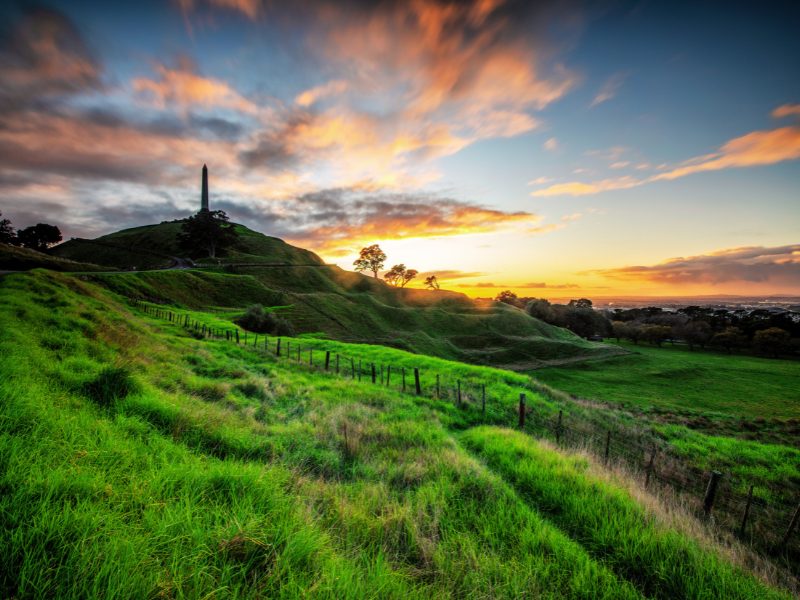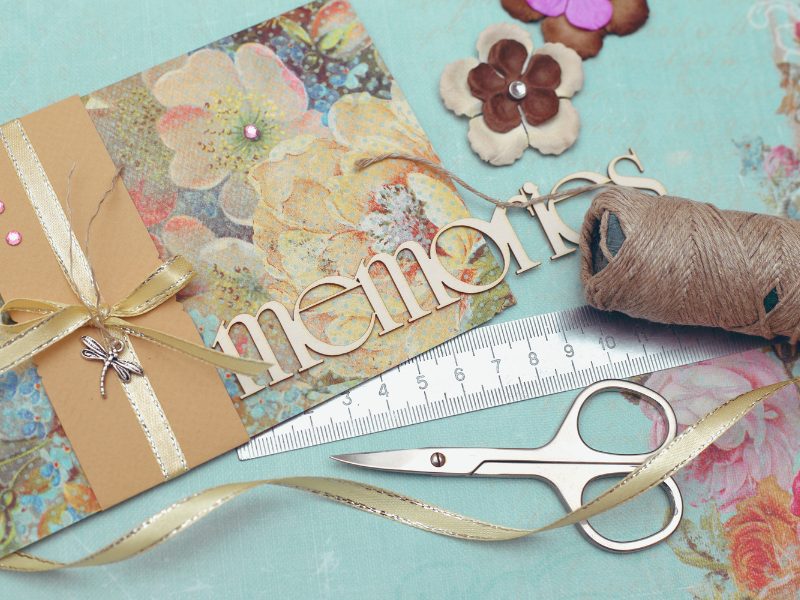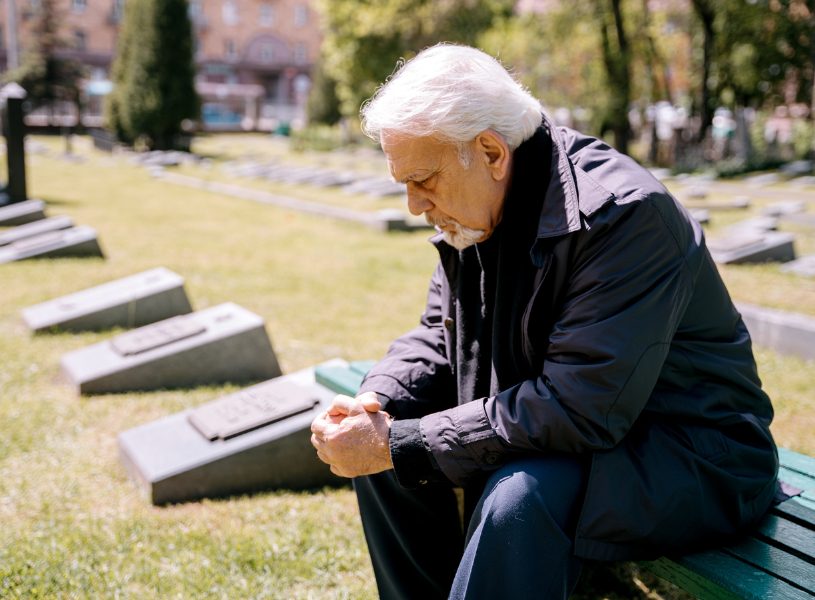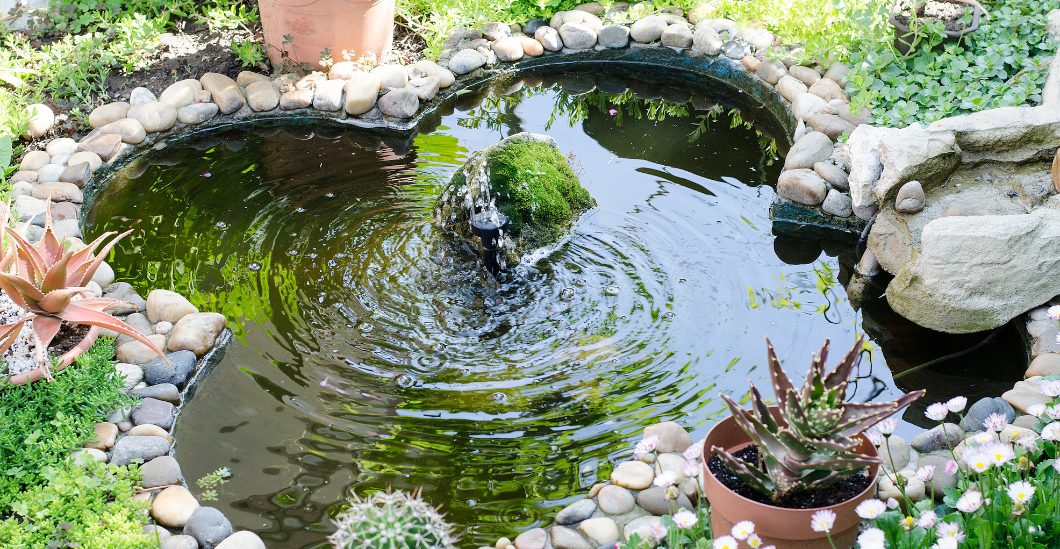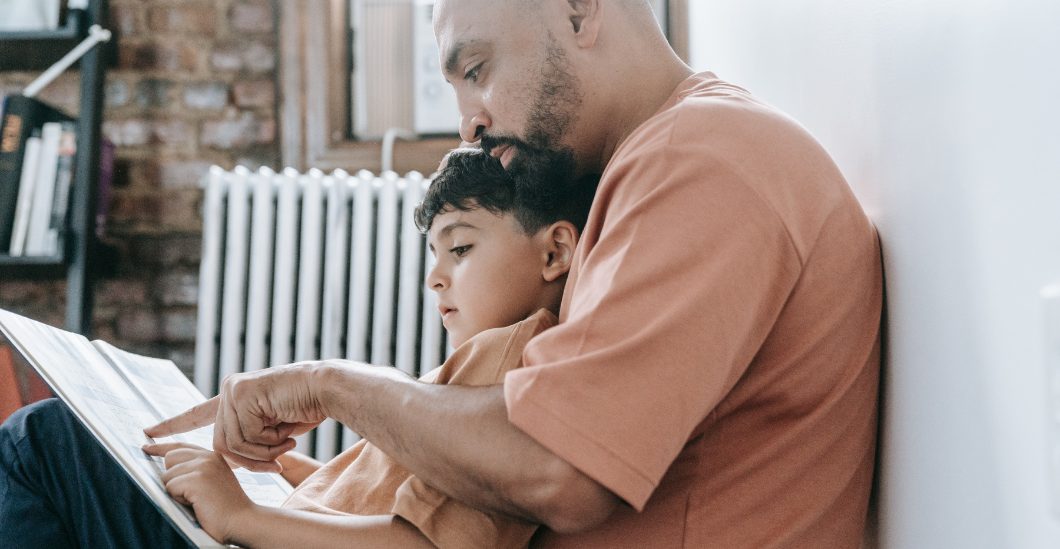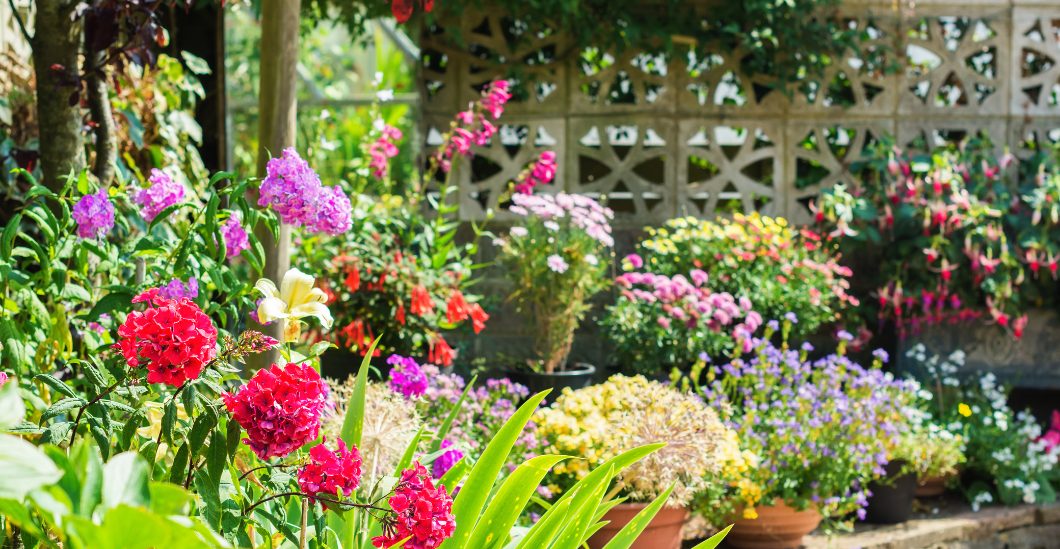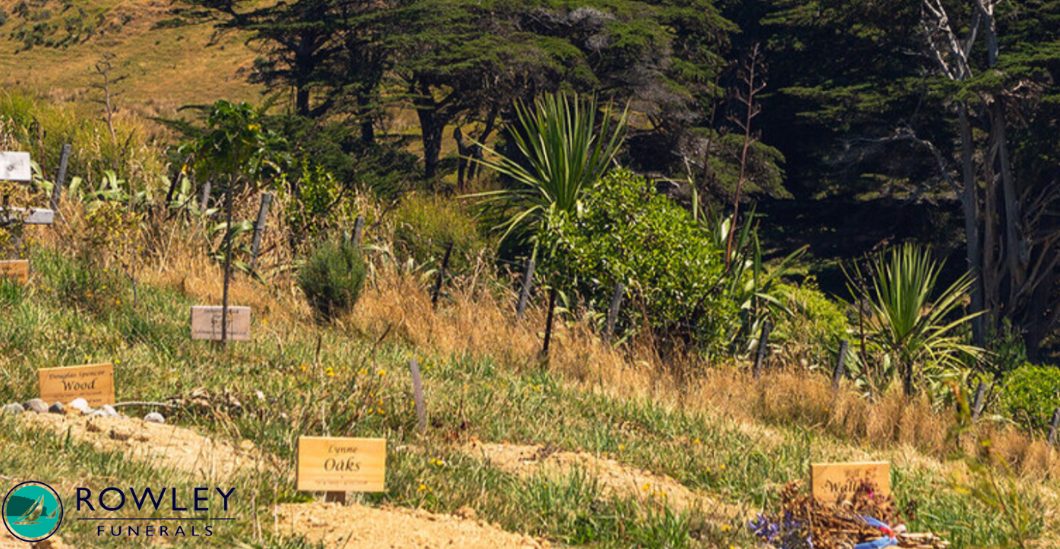In the vibrant tapestry of Auckland’s communities, each thread represents unique traditions, beliefs, and cultural practices. At Rowley Funerals, located in the heart of Devonport, we understand the profound importance of these diverse customs in commemorating a loved one’s life. Our mission is to provide funeral services that respect and honour every individual’s cultural and religious heritage, ensuring a meaningful and personalised farewell.
Embracing Cultural Diversity
Auckland is home to a rich mosaic of cultures, each with its own rituals and ceremonies surrounding death and mourning. At Rowley Funerals, we are dedicated to understanding and incorporating these diverse practices into our services. Whether it’s a traditional Māori tangihanga, a Pacific Islander celebration of life, an Asian Buddhist ceremony, or a European Christian service, we work closely with families to honour their specific customs and traditions.
Personalised Services for Every Tradition
We recognise that no two individuals are the same, and neither are their cultural practices. Our team takes the time to listen and learn about your loved one’s background, ensuring that every aspect of the funeral service reflects their unique heritage. This includes:
- Rituals and Ceremonies: Incorporating specific rites, prayers, or rituals that are significant to your culture or religion.
- Traditional Attire: Facilitating dress codes or garments that hold cultural importance.
- Music and Readings: Selecting hymns, songs, or readings that resonate with your traditions.
- Cultural Symbols: Incorporating symbols, colours, or decorations that reflect your heritage.
Collaborating with Community Leaders
To ensure authenticity and respect, we collaborate with cultural and religious leaders from various communities. This partnership allows us to accurately represent and honour the customs that are vital to your family, providing guidance and support throughout the planning process.
Inclusive Facilities and Services
Our facilities are designed to accommodate a wide range of cultural practices. We offer flexible spaces that can be adapted to suit different ceremonies, whether they require specific arrangements, altars, or seating configurations. Additionally, our catering services can provide culturally appropriate menus, ensuring that every detail aligns with your traditions.
Supporting Multicultural Families
In today’s interconnected world, many families encompass multiple cultures and beliefs. At Rowley Funerals, we are experienced in creating services that respectfully blend different traditions, providing a harmonious and inclusive environment for all family members to honour their loved one.
Continuous Learning and Sensitivity
Our commitment to cultural competence is ongoing. We continually educate ourselves about the diverse communities we serve, ensuring that our team approaches every service with sensitivity, respect, and a deep understanding of cultural nuances.
At Rowley Funerals, we believe that every life is unique and deserves to be celebrated in a way that honours individual cultural and religious traditions. Our dedication to embracing diversity ensures that we provide funeral services that are not only respectful and dignified but also deeply personal and meaningful.

